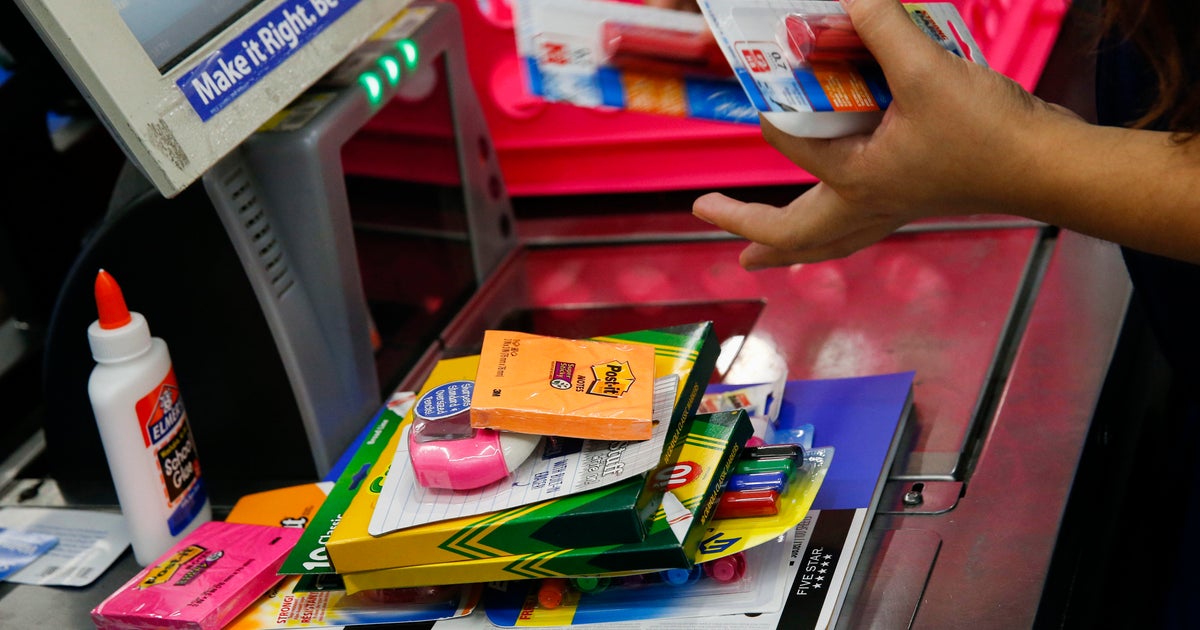End of pandemic-era practice of providing interpreters for asylum seekers stirs confusion, anger
MIAMI -- Critics are saying the end of a pandemic-era practice to provide interpreters for those seeking asylum is putting lives at risk.
The change in immigration policy has forced some asylum seekers to find and retain their own interpreters to get status.
"It is very difficult," said Irma, who is from Peru and fled from the country with her 15-year-old son seven months ago. They carried two suitcases that were stolen during their journey across the United States border.
Such asylum seekers who do not face removal hearings can apply for affirmative asylum status. Those facing removal hearings can file for defensive asylum.
During the COVID-19 pandemic, the Department of Homeland Security suspended requirements for people seeking asylum to bring their own interpreter to interviews with immigration authorities. DHS began providing professional interpreters for virtual interviews in order to limit potential exposure to the virus in face-to-face meetings.
This month, funding for such service ended.
As planned when DHS began providing interpreters, authorities ordered the department to go back to the original regulations requiring applicants bring their own interpreters to interviews.
"What we learned during the time of COVID was that there really isn't a need for DHS to require people to bring their own interpreter as the rule the existing rule requires," said Luz Lopez, senior supervising attorney for the Immigrant Justice Project at the Southern Poverty Law Center. "It is fine. The government can function fine providing the interpreter services itself."
Lopez said fairness is at stake.
She said Executive Order 13166 requires the federal government to comply with language access regulations similar to Title VI of the 1964 Civil Rights Act.
"In order to have a fair asylum proceeding, you need to make sure that an interpreter is qualified that they can accurately and effectively interpret," she said. "The only way we can really guarantee that is to have persons who are professionals interpreting. We do that when we have criminal proceedings in state or federal court cause we know the importance of having accurate interpretation and translation of documents. So when we're talking about asylum seekers during an asylum interview how important would it be to have a qualified interpreter? It can be the difference between that person's life or death."
Miami-based immigration attorney Willie Allen said the current regulation leaves people vulnerable. He thinks people working through the process alone could be scammed.
"You're depending entirely on the interpreter," Allen said. "A poor interpreter, somebody that has not been certified or not had the experience being an interpreter concerns (me) in how you can tell your story and how it comes across. It's so important to be able to tell your story correctly with a correct language. The difference between winning and losing is in the translation."
In Creole, affirmative asylum seeker Romel, who also did not provide his full name, said he is concerned interpreters will give agents the wrong information. He experienced it when he came to port from Haiti.
"They asked him if he's experienced incredible fear," said Itiah Daho Fon, Romel's immigration document preparer while outside DHS's Miami asylum office Thursday. "He does not remember at all that they have asked him that."
The answer given by a translator he found at the port to immigration authorities pushed his application into the defensive asylum seeking portal, which delayed his quest for affirmative asylum.
"It's not a word for word translation," Daho Fon said. "You really have to also have a certain level of legality to understand the legal terms to use."
Allen and Lopez said interpretation problems have led to families being separated or worse.
Irma said robbers took everything from her family back in Peru. They stole her front door, kidnapped her son and when she and the teen were reunited, the attackers assaulted and threatened to kill them.
Both escaped soon after.
However, with no job, no documentation and so far no lawyer to help, she is searching for someone to help translate her story in a way that wins asylum and keeps her son out harms way.




